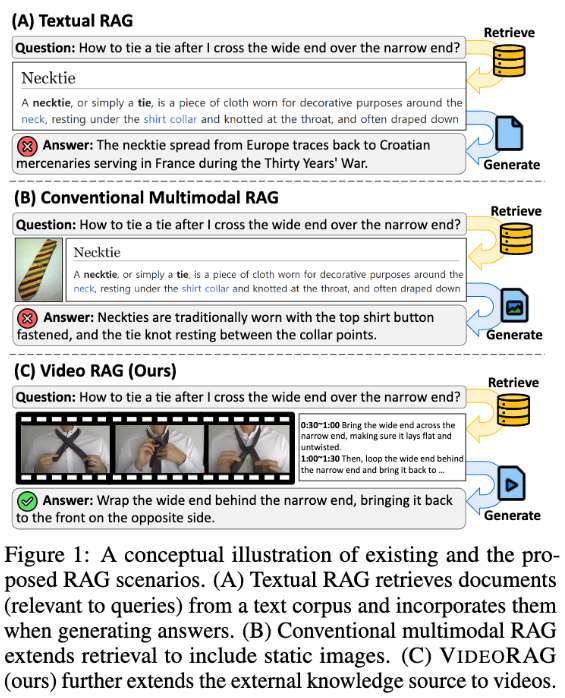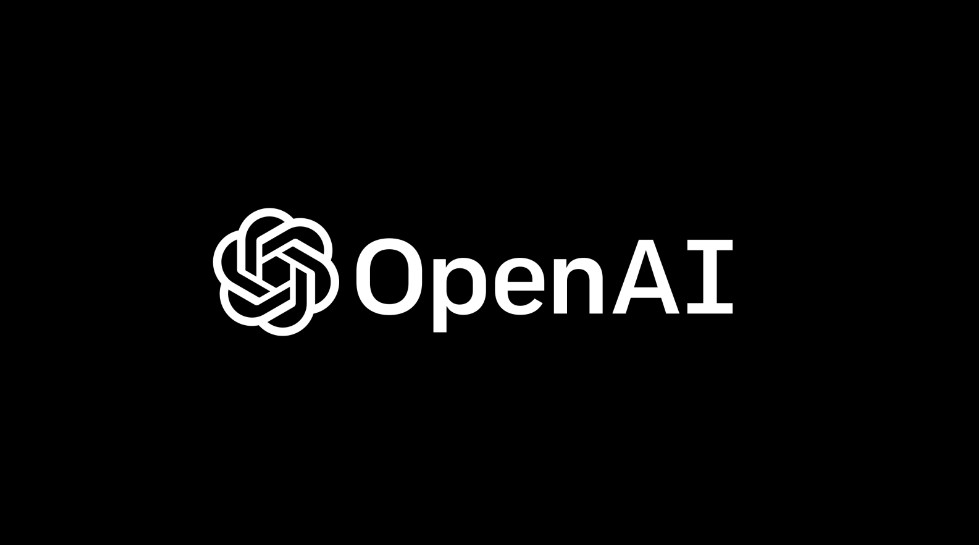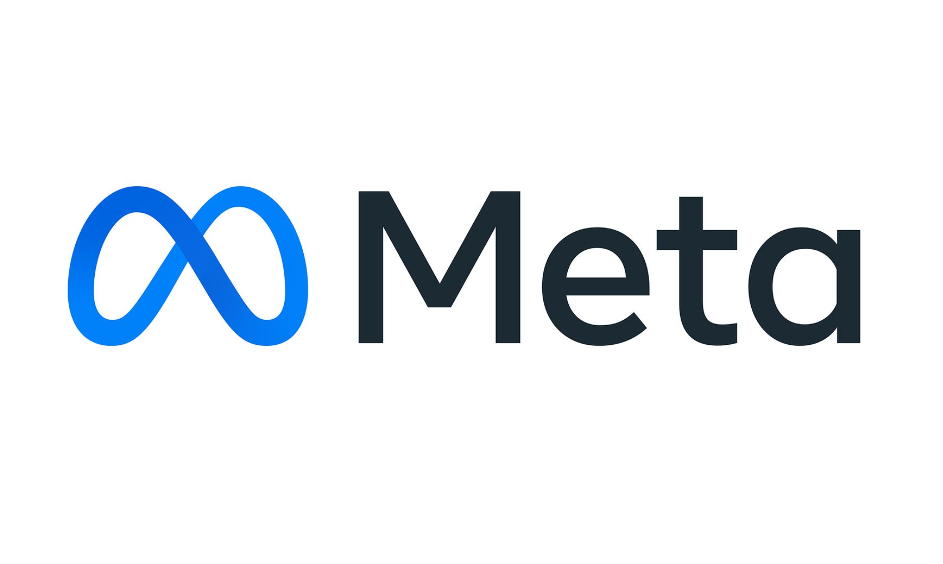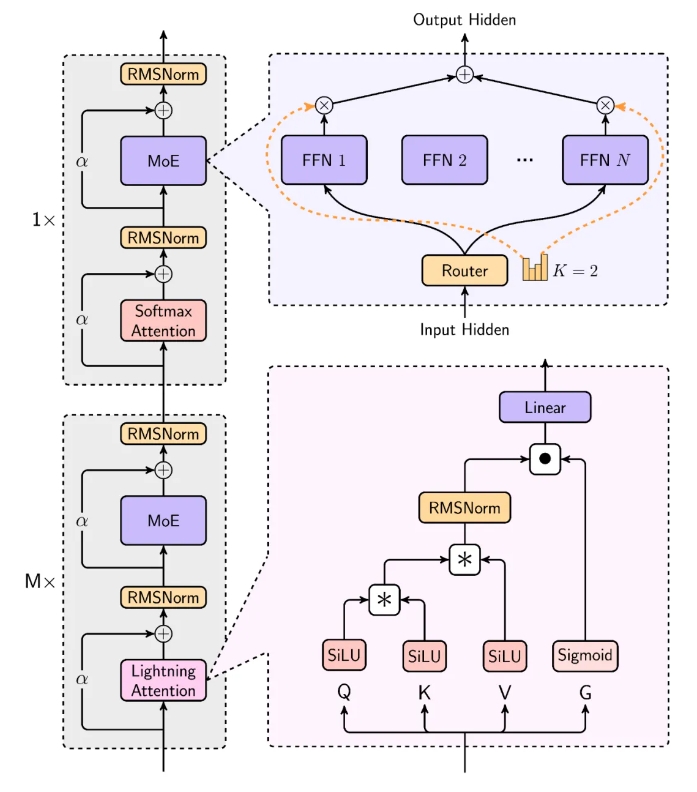In recent years, artificial intelligence (AI) programming capabilities have continued to develop, but have not yet reached perfection. Recently, Max Woolf, a senior data scientist at BuzzFeed, discovered through experiments that if a large language model (LLM) is constantly provided with prompts to "write better code", AI can indeed generate better code. This discovery has attracted widespread attention, and well-known AI scientists in the industry have also expressed great interest in it, emphasizing the importance of iteration and prompt word design.
In Woolf's experiment, he used the Claude3.5Sonnet version of the AI model to perform a series of programming tasks. At first, he posed a simple programming problem to the model: how to find the difference between the minimum and maximum values among a million random integers whose digits sum to 30. After receiving this task, Claude generated code that met the requirements, but Woolf believed that the code still had room for optimization.
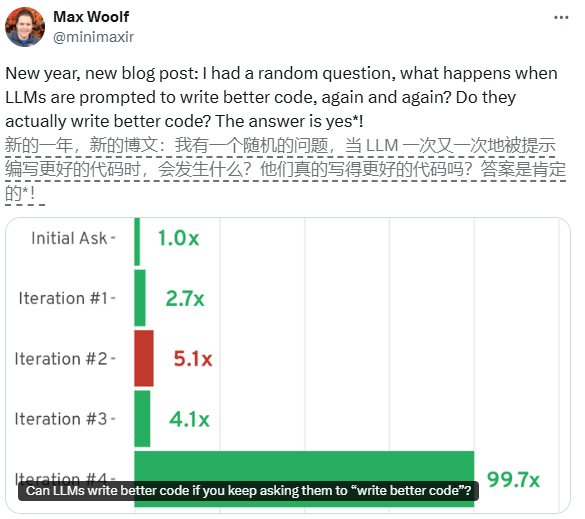
Then, Woolf decided to ask Claude to perform iterative optimization through the prompt "Write better code" every time after generating code. After the first iteration, Claude refactored the code into an object-oriented Python class and implemented two significant optimizations, increasing the running speed by 2.7 times. In the second iteration, Claude added multi-threading processing and vectorized calculations, which ultimately made the code run 5.1 times faster than the basic version.
However, as the number of iterations increases, the improvement in code quality begins to slow down. After several rounds of optimization, although the model tried to use some more sophisticated techniques, such as JIT compilation and asynchronous programming, some iterations resulted in performance degradation. Ultimately, Woolf's experiment revealed the potential and limitations of iterative prompts, giving people new thinking about the future of AI programming.
This research not only demonstrates the application potential of AI in the field of programming, but also reminds us that although AI can improve code quality through continuous iteration, in actual applications, how to properly design prompt words and balance performance and complexity is still a worthwhile issue. Topics discussed in depth.
AI courses are suitable for people who are interested in artificial intelligence technology, including but not limited to students, engineers, data scientists, developers, and professionals in AI technology.
The course content ranges from basic to advanced. Beginners can choose basic courses and gradually go into more complex algorithms and applications.
Learning AI requires a certain mathematical foundation (such as linear algebra, probability theory, calculus, etc.), as well as programming knowledge (Python is the most commonly used programming language).
You will learn the core concepts and technologies in the fields of natural language processing, computer vision, data analysis, and master the use of AI tools and frameworks for practical development.
You can work as a data scientist, machine learning engineer, AI researcher, or apply AI technology to innovate in all walks of life.
